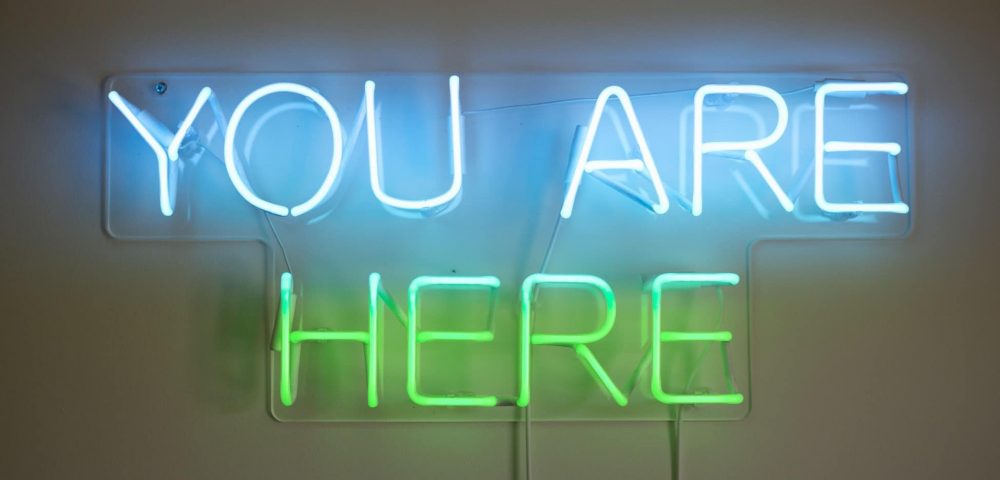
The beneficial effects of hobbies on our mental health are well-known if not well-documented but what happens when the activity that is supposed to bring enjoyment gets stressful?
I have always been a goal-orientated person who feels at their best when achieving a target, whether working towards and passing an exam or performing on stage in a theatre show. However, in past months I started to experience some of the problems that come with this type of mindset. In a year in which I have seen not only COVID but my father’s death, the completion of my GP training, getting married to my fiancée, buying our first house together and more recently getting our first cats together, I hadn’t had much time for my hobbies of playing guitar and singing for several months. Yet when I found I had more time for them, the pressure to continue improving these skills seemed to pollute the time I spend doing them.
Patience and practice are needed to develop skills but who has the energy for that alongside a full-time job? Should one change one’s interests and do something else in their free time instead just because it’s easier or is there another way?
It has been liberating to feel that I am able to stop putting pressure on myself to be better….
I recently watched a TED talk about changing how we view stress.1 Kelly McGonigal discussed a study which showed that those who viewed stress as affecting their health had worse outcomes in terms of physical and mental health than those with similar stress levels who did not see stress as affecting their health.2 This made me think about the power of one’s mindset. If I could change my mindset when I went to play guitar then I might find the experience more enjoyable and relaxing rather than focusing on how much better at it I should be. It has been liberating to feel that I am able to stop putting pressure on myself to be better and now, whilst I still want to improve, I am able to see things with a bit more perspective and be more accepting of myself.
Another factor that I hadn’t considered was that my goals were less specific and measurable and I was trying to just “get better”, but now I try to focus on one song at a time and keep practising.
It isn’t always what we do that can be stressful but what we’re thinking when we’re doing it.
I’ve learnt that it isn’t always what we do that can be stressful but what we’re thinking when we’re doing it. Some of us may be familiar with negative feelings at the start of the day and automatic thoughts like “my consultations are going to overrun and I’ll be home late”, “I didn’t get chance to do all my admin yesterday so today’s going to be really busy” and “everyone else seems to run to time and manage their workload better than me”. Sometimes the anticipation of a bad day can become a self-fulfilling prophecy. Considering what I’ve learnt from managing stress relating to my hobbies, I’m now applying this to managing my own work-related stress and trying to reframe some of those unhelpful thoughts.
Besides helping myself in this way, I hope to be able to pass on what I’ve learnt to patients about the power of changing one’s mindset about stress and trying to accept and enjoy where we are as opposed to where we feel we should be.
References:
1. https://www.ted.com/talks/kelly_mcgonigal_how_to_make_stress_your_friend/footnotes
2. Keller A, Litzelman K, Wisk LE et al. Does the perception that stress affects health matter? The association with health and mortality. Health Psychol 2012; 31(5):677-84.
Featured photo by Aleks Marinkovic on Unsplash








